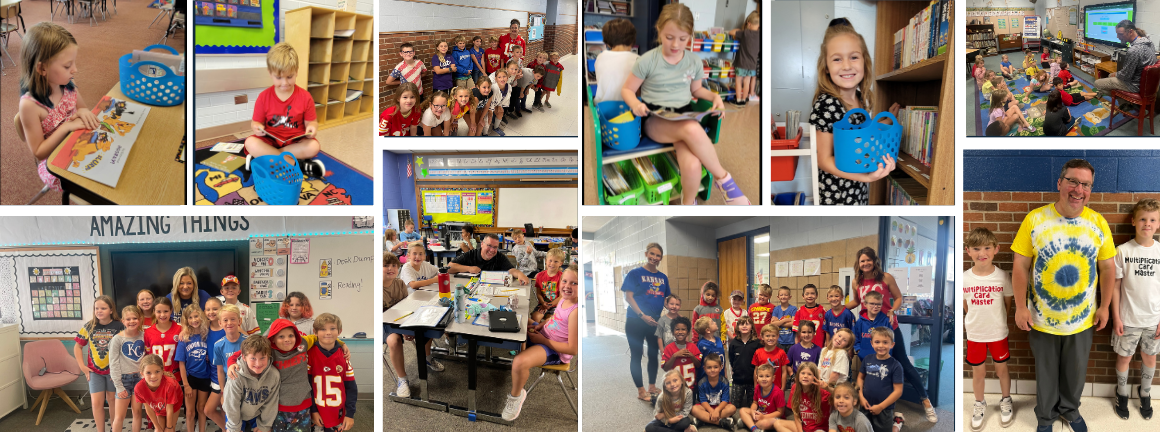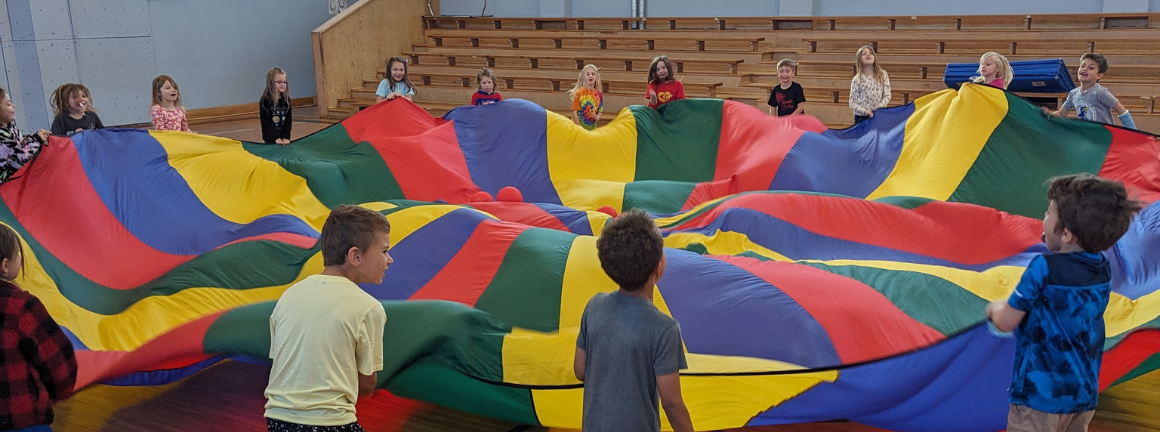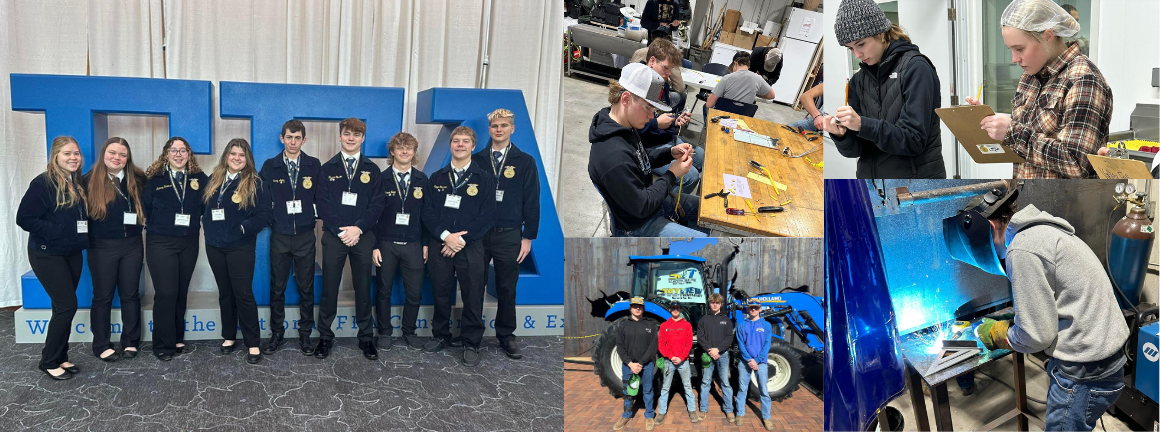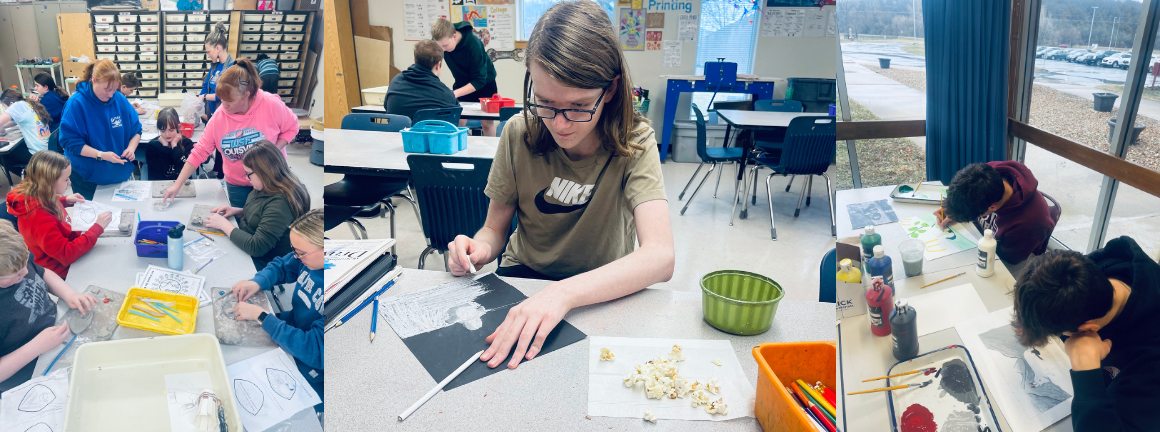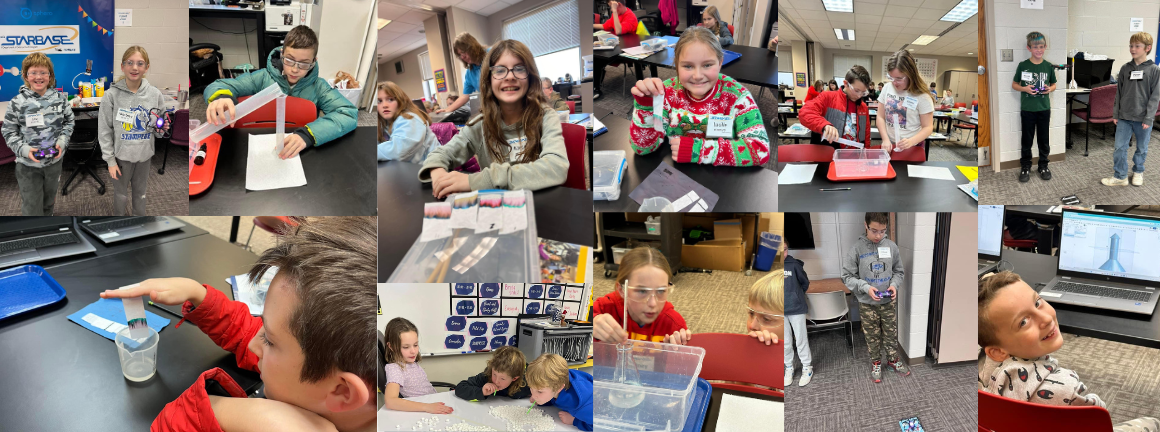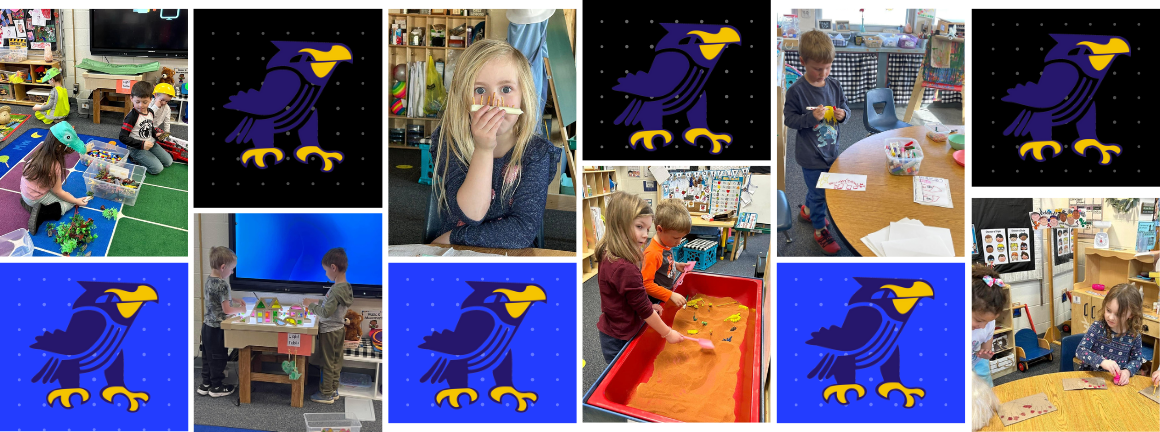Parent and Coach Communication Guidelines
Research has shown that students involved in extra-curricular activities have greater chances for success during adulthood. That is the premise for the creation and continued existence of athletic and activity programs in the middle and secondary schools. The character traits required to be a successful participant are similar to those that will promote a successful life after high school. Our coaches and administrators believe the following information will help enhance your child’s experience in the programs offered at Perry-Lecompton schools.
The Parent/Coach Relationship
Parenting and coaching are both difficult vocations. By establishing and understanding each position, we are better able to accept the actions of the others and provide greater benefit to the student. As parents, when your children become involved in the programs at Perry-Lecompton Schools, you have a right to understand what expectations are placed on your child. The process begins with clear communication from the coach of your child’s program.
Communication you should expect from your child’s coach:
- Philosophy of the coach.
- Expectations the coach has for your child as a member of the team.
- Locations and times of all practices and contests.
- Team requirements such as lettering policies, attendance policies, substance abuse policies, special equipment needs, transportation policies, off-season conditioning expectations, etc.
- Team or school discipline policies that results in the denial of your child’s participation.
- Procedures to follow should your child be injured during participation.
Communication coaches expect from parents:
- Concerns should be expressed directly to the coach.
- Notification of any schedule conflict well in advance of the date of the event.
- Specific concerns regarding a coach’s philosophy, rules, or other team expectations.
Belief Statement
Involvement in the athletic/activity program at school can be one of the most rewarding experiences of your child’s life. It is important to remember that there may be times when things do not go the way you or your child wishes. At those times, discussion with the coach is encouraged.
Appropriate concerns to discuss with a coach:
- The physical, emotional and/or mental treatment of your child.
- Ways to help your child improve.
- Concerns about your child’s behavior.
It can be difficult to accept your child’s role and their playing time for the team. Coaches are professionals and make judgments and decisions based on what they see in practice every day and what they believe is in the best interest of the team. The USD 343 administration feels those specific issues must be left to the discretion of the coach.
If there is a concern to discuss with a coach, please do not attempt to confront a coach before or after a practice or a contest. These can be emotional times for both the parent and the coach and meetings of this nature rarely promote a positive resolution.
Procedure for parent and coach meeting:
- Call or email the coach at school to identify the need for a meeting. If the coach does not respond to your call or email, contact the athletic director, who will take the responsibility of scheduling a meeting. The meeting will be held at the school. If the initial meeting does not provide enough information or a satisfactory solution, call the athletic director to set up a meeting for the involved parties.
- Attending this meeting must be the parent (guardian), student-athlete, head coach and athletic director. Assistant coach(es) or another administrator may also be in attendance.
- The meeting will relate only to the athlete involved and their specific concern.
- All parties involved will attempt to answer all questions honestly and forthright.
- At the close of the meeting, all parties should arrive at a solution or final agreement to the next step. It is OK for the parent and the coach to agree to disagree.
By following the stated guidelines, the coaches and administrators of USD 343 believe that your child will have a positive experience and gain valuable tools to help them become successful and productive adults through the participation of interscholastic activities.


